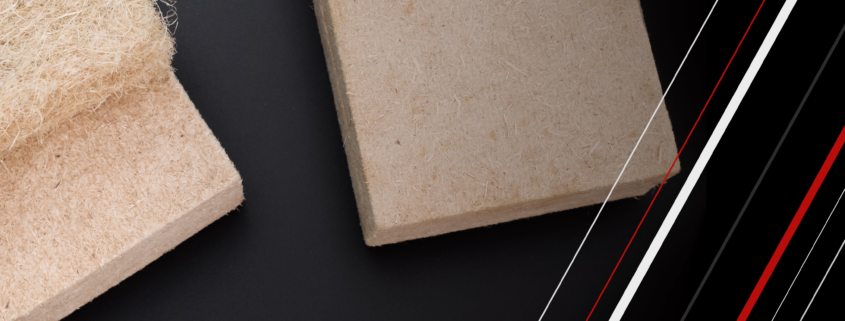Possible new thermal insulation
Manufactured in Latvia, it is an alternative way of recycling waste paper and hemp fibre into an innovative heat insulation material with improved thermal conductivity. The new insulation mats are designed to be easy-to-install, structurally sound and with thermal insulation properties comparable to those of mineral wool.
Other advantages will include breathability, recyclability and health safety benefits. The product will be manufactured at about one-third of the cost of pure natural fibre material. It will be displayed in retail building material stores making it widely accessible to individual homeowners.
The primary objective is to promote the amount of recycled waste paper and waste paper sorting activities in the region by developing a prototype of technology for producing the soft insulation panels and developing the optimal recipe for the thermal insulation layers (density, composition, thermal conductivity, air and sound permeability). A huge amount of waste paper arising from household waste is buried at landfills or burned, despite the fact that waste paper is recycled relatively well (on average approx. 70% in Europe).
The expected results are:
A stable production process capable of manufacturing 250 cubic metres per day of paper-hemp building insulation mats (batts), which can supply 7% of the estimated market of mineral wool insulation in Latvia;
An expected lifetime of at least 10 years for the pilot plant, which will manufacture different blended insulation materials, develop and test new combinations and mixes and provide demonstration material for different markets and applications; 3) All required certification and eco-labelling for demonstration and sale of the insulation
All required certification and eco-labelling for demonstration and sale of the insulation mats in Latvia and three key markets – UK, Germany, and Finland. The news mats will be installed in demonstration buildings in all four countries;
Draft green procurement specifications and technical information on the design, installation, use and end-of-life disposal of the paper-hemp insulation mats for each of the four target markets;
Manufacturing process and new product presented to at least 50 organisations in Europe, including potential technology entrepreneurs, manufacturers of loose paper or hemp insulation, paper collectors and recyclers, and professional associations of civil engineers and architects.
The benefits:
- Reducing greenhouse gas emissions;
- Reducing the use of hazardous substances;
- Waste management promotion;
- Energy saving;
- Circular economy promotion;
- Increasing employment
As yet there has been no certification of the product, but it is good to see more new and sustainable building materials coming to the market.
To find out more please visit the website

